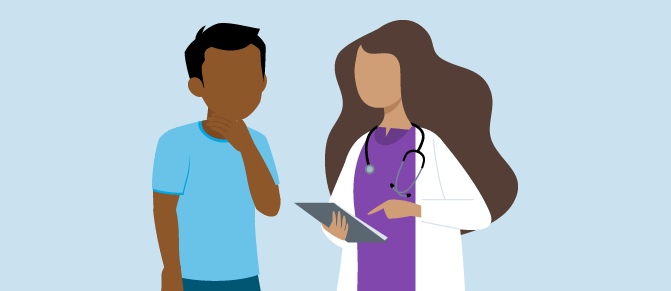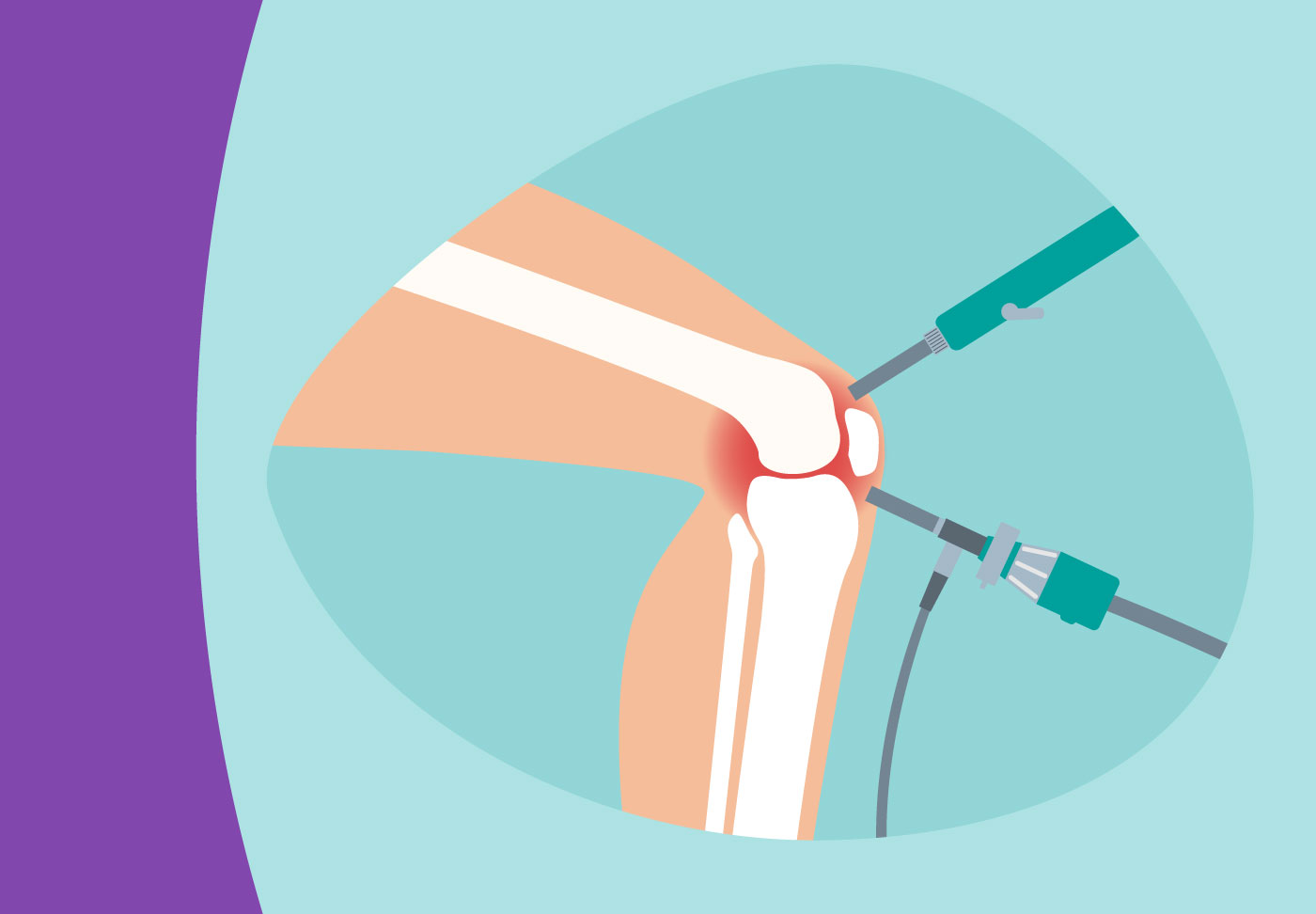Wellstar ENT & Allergy Care
Live comfortably, live well
When ear, nose or throat issues prevent you from living your fullest life, our Wellstar team is here to help. From allergy testing and treatment to hearing assistance and sleep medicine, our experts are committed to helping you achieve your best health.- Wellstar ENT and Allergy Care
- About
- Health Highlights
- Conditions We Treat
- Locations
- News
About Us
Improving Health and Enhancing Your Quality of Life
Whether you’re dealing with a common condition like seasonal allergies or want to better understand and address symptoms that concern you, we offer a full range of services to help you feel better. Our otolaryngologists specialize in diagnosing and treating disorders of the ears, nose and throat (ENT) in adults and children. Our specialists bring knowledge, experience and the expertise of the entire Wellstar team to your care. Getting an accurate diagnosis is the first step in getting treatment that will improve your symptoms so you can feel better sooner. At Wellstar, we offer a wide range of screening and testing options to pinpoint the source of your discomfort so your doctor can get you on the road to recovery.Our Care Team
Every ear, nose or throat condition is different, so each person’s treatment must be, as well. That’s why our skilled and caring team will work with you to find the treatment that’s best for your unique circumstances. At Wellstar, our ENT team includes board-certified physicians with specialty training in many different areas all working together to provide the best possible care for you and your loved ones. Because of the complex nature of many ear, nose and throat conditions, specialists like these may contribute to your care, including:Additional Services
Allergy Testing
Both persistent and seasonal allergies can create bothersome symptoms, such as nasal congestion, itchy nose and throat, or sneezing. Ear infections and recurring sinus problems may sometimes be linked to allergens, which are substances we encounter that are harmless to many people, but cause an uncomfortable, sometimes dangerous immune system reaction in others. We can evaluate your symptoms and provide testing if allergies are suspected. Once we determine the source of the problem, we offer education, medications and allergy shots to help you manage your condition and alleviate symptoms that disrupt your daily life.Hearing Testing and Assistive Devices
What we hear connects us to the world and the people around us. Our ears enable us to communicate, help us learn and keep us safe. It may come as a surprise to learn that hearing problems aren’t always easy to recognize. That’s why screenings at regular intervals are recommended to help identify hearing loss that might otherwise go undetected — and why your doctor may recommend one if you’re experiencing related symptoms. When hearing loss is identified, our Wellstar audiologists offer additional testing to better understand the cause of your hearing loss and its severity. Based on the results, your doctor can recommend treatment tailored to your unique needs, which may include assistive devices such as hearing aids, cochlear implants or bone-anchored hearing devices.Non-surgical Therapies
While there are a wide variety of medical treatments for ENT disorders, whenever possible we begin with the most conservative therapies to help you find relief. These include home remedies, lifestyle changes and medications, but, depending on your needs, might also include speech therapy, allergy shots or assistive hearing devices, for instance.Advanced Surgical Techniques
When surgery is your best treatment option, you can count on our expert ENT specialists to use the most advanced surgical procedures, including image-guided surgery and robotic procedures. In many cases, surgery can be performed with minimally invasive techniques. When compared to traditional open surgery, minimally invasive procedures often result in less discomfort, better results and a faster recovery.Health Highlights
Conditions We Treat
Specialized ENT Care
Ear Conditions & Treatments
- Cochlear implants
- Bone-anchored hearing devices
- Acoustic neuroma
- Balance disorders/dizziness
- Cholesteatoma
- Ear infection
- Earache
- Earwax impaction
- Hearing loss
- Ruptured eardrum
- Swimmer’s ear
- Tinnitus
- Vertigo
Nasal Conditions
- Allergies
- Asthma
- Chronic sinusitis
- Deviated septum
- Nosebleeds
- Post-nasal drip
- Rhinitis
Throat and Neck Conditions
Our Locations
Currently showing 16 total listed locations








